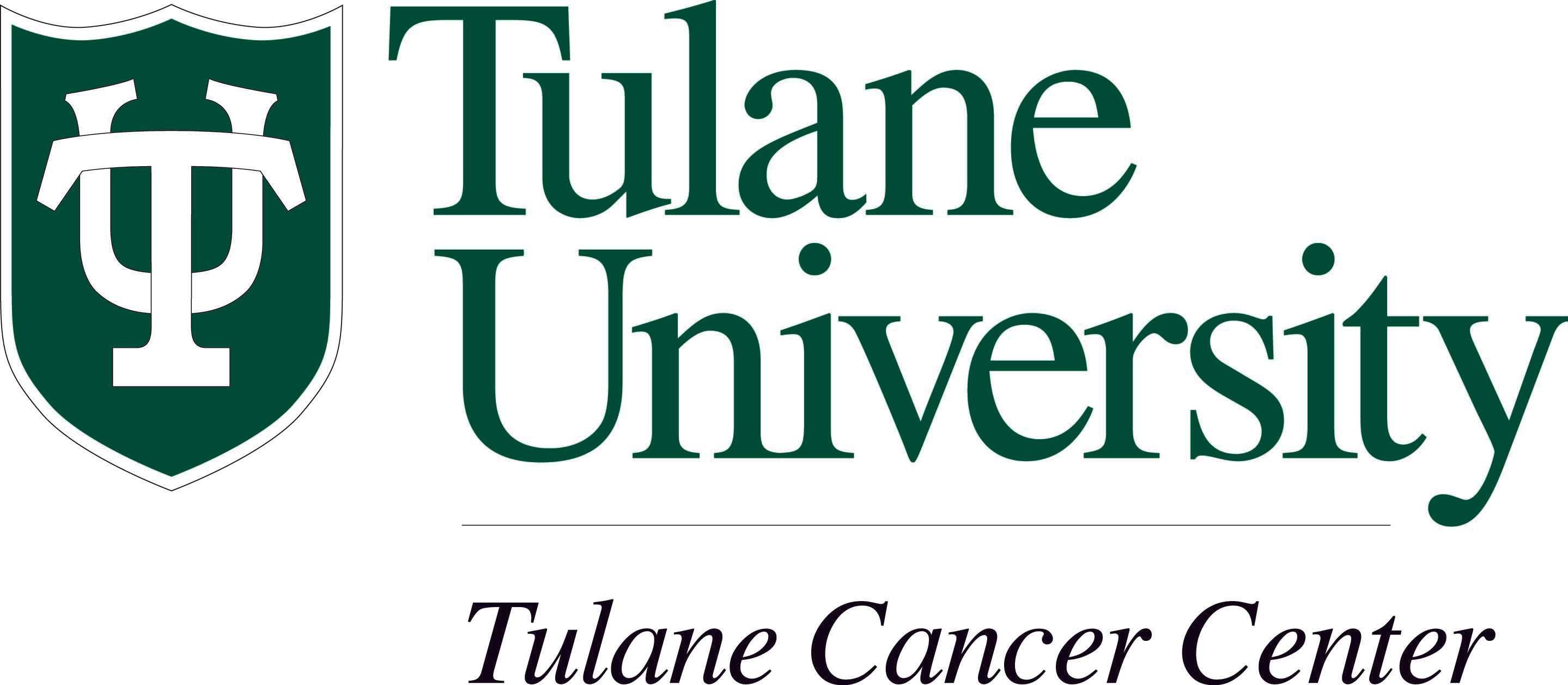
- Vol. 18/No. 13
- Volume 18
- Issue 13
Informed Patients Are More Likely to Choose Palliative Care

Research from Tulane University provides a strong case that, across demographic and clinical populations, informed patients are less wary of palliative care and more inclined to take advantage of the favorable effects that palliative care services can offer for patient-centered outcomes.
Doctoral student
Department of Psychology
Tulane University
New Orleans, LA
Michael Hoerger, PhD, MSC
Assistant Professor, Psychology
and Oncology
Tulane Cancer Center
Tulane University
New Orleans, LA
Palliative care is a multidisciplinary approach to patient care that is quickly expanding in oncology settings. The National Cancer Institute defines palliative care as “care given to improve the quality of life of patients who have a serious or life-threatening disease,” 1 and it can be provided on an outpatient basis in conjunction with anticancer treatments at any point in the illness trajectory.
Emphasis is placed on managing symptoms such as pain, fatigue, nausea, and dyspnea, and on coping with the emotional demands of living with a serious illness, decision making, care coordination, patient education, and empathic discussions about end-of-life care options. Several recent randomized clinical trials have found that when palliative care is provided early in the course of an advanced cancer diagnosis, patients tend to experience better physical and emotional outcomes.2-4 For example, the Early Palliative Care Study, a seminal clinical trial in this growing body of research, demonstrated that adults with metastatic non—small cell lung cancer who received early palliative care experienced less depression, improved physical symptoms, and lived on average 2.5 months longer than patients who did not receive the intervention.5
Yet despite national recommendations and high-quality evidence supporting the use of palliative care, referrals are too often delayed until the end of life, or never occur at all.6,7 Experts hypothesize that fear and lack of knowledge of the supporting medical evidence has led to underutilization of palliative care. More than 80% of the general public doesn’t know what palliative care is, and it is commonly misinterpreted as being equivalent to hospice care or simply characterized as “the Grim Reaper.” 8,9
Accordingly, the Psycho-Oncology Research Program of Tulane University has developed a systematic program of research aimed at increasing utilization of palliative care by educating patients, clinicians, and the public about the medical evidence for palliative care.
In an innovative study, Project EMPOWER,10 we found that patients’ preferences for palliative care improved after they had been educated about its evidence base. The National Institutes of Health funded the study (U54GM104940) through the Louisiana Clinical and Translational Science (LA CaTS) Center and results were published in Health Psychology, the health-related journal of the American Psychological Association.10
In EMPOWER, we randomized a sample of 598 patients predominantly with prostate, breast, lung, and colon/rectal cancers to receive either a written summary of the Early Palliative Care Study’s findings (intervention) or no information at all (control). Participants completed baseline and postintervention assessments of preferences for palliative care.
The Figure summarizes the study’s main finding and showcases the robust impact of psychoeducation: 75% of intervention participants who learned about the benefits of palliative care for quality of life and survival demonstrated an increase in preferences for palliative care from baseline to post intervention. Palliative care became less scary to think about and was viewed as a more effective form of treatment. Furthermore, intervention participants were more willing than before to seek out palliative care services if referred by their physician.
In addition, the study’s subgroup analyses suggested that psychoeducation may be equally useful for populations most in need. Despite lower preferences for palliative care at baseline, individuals with lower socioeconomic status, metastatic disease, or worse perceived health experienced a response to the intervention similar to the entire sample. Clinicians should keep in mind that these patients may benefit even more than the average patient from being well informed about the goals and outcomes of palliative care.
Project EMPOWER demonstrates the importance of psychoeducation in healthcare decision making, especially regarding treatment decisions that are often driven by strong emotions and misconceptions, such as deciding whether to pursue palliative care. However, this research only targeted individual preferences, and future translational research is necessary to clarify whether psychoeducational interventions can ultimately improve quality of life by increasing use of palliative care services.
It would also be worthwhile to explore alternative methods of disseminating information about palliative care to patients (eg, mobile apps and other forms of technology). Another direction that future research should address is the role of the therapeutic relationship and whether direct communication between clinicians and patients has an impact on palliative care use.
Nevertheless, our research provides a strong case that, across demographic and clinical populations, informed patients are less wary of palliative care and more inclined to take advantage of the favorable effects that palliative care services can offer for patient-centered outcomes.
References
- NCI Dictionary of Cancer Terms. National Cancer Institute website. www.cancer.gov/publications/dictionaries/cancer-terms?cdrid=269448. Posted May 15, 2015. Accessed May 10, 2017.
- Temel JS, Greer JA, El-Jawahri A, et al. Effects of early integrated palliative care in patients with lung and gi cancer: a randomized clinical trial. J Clin Oncol. 2017;35(8):834-841. doi: 10.1200/JCO.2016.70.5046.
- Bakitas MA, Tosteson TD, Li Z, et al. Early versus delayed initiation of concurrent palliative oncology care: patient outcomes in the ENABLE III randomized controlled trial. J Clin Oncol. 2015;33(13):1438-1445. doi: 10.1200/JCO.2014.58.6362.
- Zimmermann C, Swami N, Krzyzanowska M, et al. Early palliative care for patients with advanced cancer: a cluster-randomised controlled trial. Lancet. 2014;383(9930):1721-1730. doi: 10.1016/S0140-6736(13)62416-2.
- Temel JS, Greer JA, Muzikansky A, et al. Early palliative care for patients with metastatic non-small-cell lung cancer. N Engl J Med. 2010;363(8):733-742. doi: 10.1056/NEJMoa1000678.
- Hui D, Elsayem A, De la Cruz M, et al. Availability and integration of palliative care at US cancer centers. JAMA. 2010;303(11):1054-1061. doi: 10.1001/jama.2010.258.
- Bailey FA, Williams BR, Woodby LL, et al. Intervention to improve care at life’s end in inpatient settings: the BEACON trial. J Gen Intern Med. 2014;29(6):836-843. doi: 10.1007/s11606-013-2724-6.
- Institute of Medicine (IOM). Dying in America: Improving quality and honoring individual preferences near the end of life. Washington, DC: National Academies Press; 2014. www.nationalacademies.org/hmd/Reports/2014/Dying-In-America-Improving-Quality-and-Honoring-Individual-Preferences-Near-the-End-of-Life.aspx.
- Lo B, Quill, T., Tulsky, J; ACP-ASIM End-of-Life Care Consensus Panel. Discussing palliative care with patients. Ann Intern Med. 1999;130(9):744-749. DOI: 10.7326/0003-4819-130-9-199905040-00015.
- Hoerger M, Perry LM, Gramling R, Epstein RM, Duberstein PR. Does educating patients about the Early Palliative Care Study increase preferences for outpatient palliative cancer care? Findings from Project EMPOWER. Health Psychol. 2017;36(6):538-548. doi: 10.1037/hea0000489.
Articles in this issue
over 8 years ago
Nanotech Remains a Robust Research Focusover 8 years ago
"Trojan Horse" Tested in EGFR-Amplified Glioblastomaover 8 years ago
VCU Explores Novel Combos for Solid Tumorsover 8 years ago
Early Access Programs: Look at the Facts, Not the Rhetoricover 8 years ago
From Bench to Bedside: O'Shaughnessy Keeps Patients in Focus


































